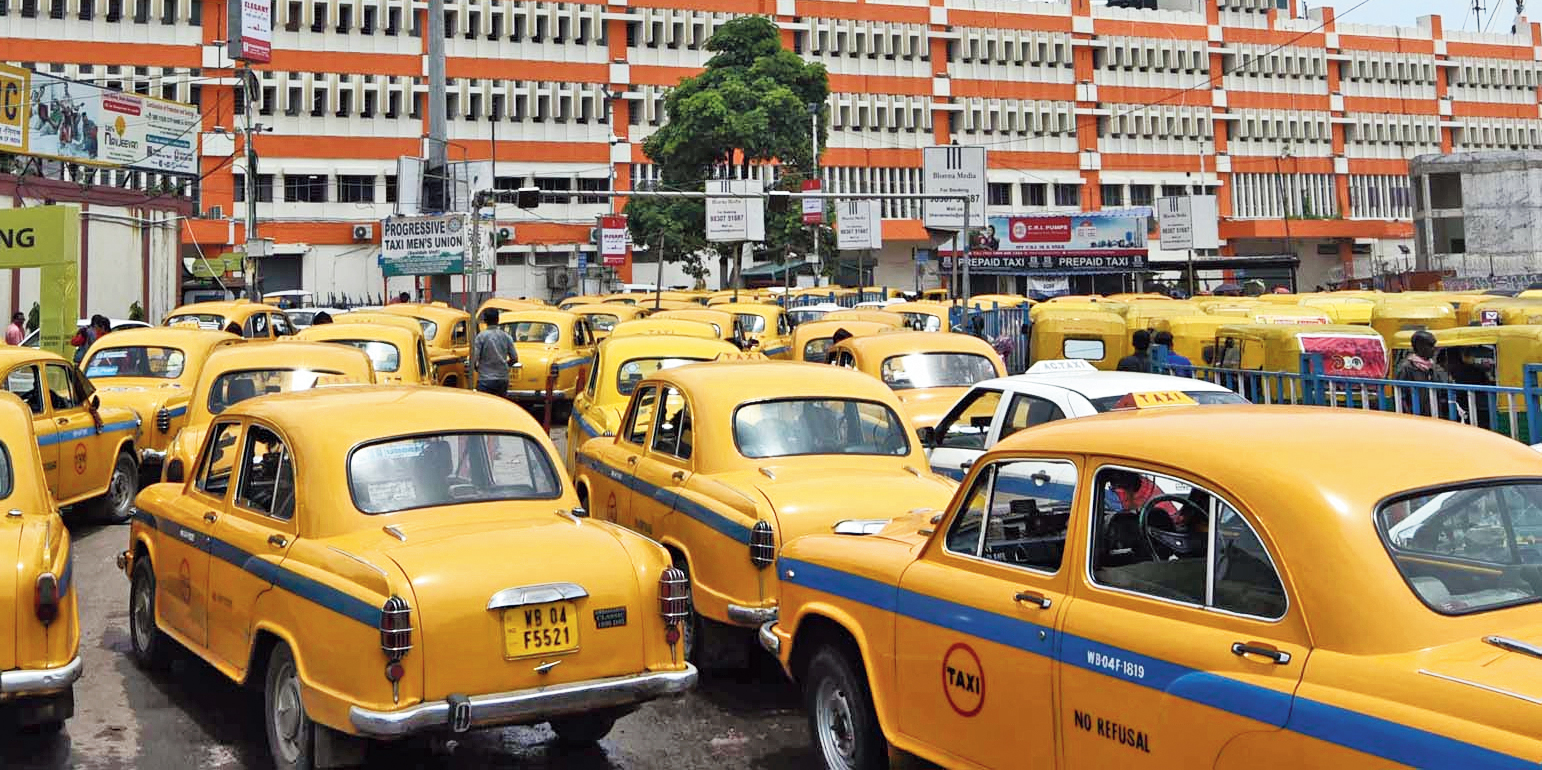Should Uber be kneecapped for its long history of flouting the law, or can it possibly be reformed? Or am I a credulous dolt for even suggesting redemption for one of the sorriest companies ever to emerge from Silicon Valley’s tortured hothouse?
Those are some of the questions dancing around my head after reading “Super Pumped,” Times reporter Mike Isaac’s banger of a new book documenting Uber’s stunningly reckless rise. (Disclosure: Mike is not just a colleague but also a close and longtime frenemy.)
The book, which goes into forensic detail about the ride-hailing company’s lawless history, arrives at an especially inopportune time for Uber. The company has reported a string of gargantuan losses since its stock went public in May. Now things are getting worse. In California, Uber and its primary rival, Lyft, are facing an existential battle over the legal status of their drivers. State lawmakers are poised to pass a bill that would allow ride-hailing drivers to be recognized as full-fledged employees; drivers are currently classified as independent contractors, which means they pay their own expenses, receive no labour protections and can work for sub-minimum wage pay.
Uber and Lyft say that classifying drivers as employees might threaten their business models and force them to let go of many of their drivers. The companies are calling for legislation or a ballot initiative under which drivers would remain independent contractors but still receive an array of labour rights, including a minimum pay and the ability to unionize. The companies argue that their proposal is not a mere compromise but a genuine advance in labour protections. By enshrining rights for independent contractors into state law, they would be preserving the flexibility that their drivers covet, while also advancing a new model for labour in the era of software-driven “gig” work.
If you didn’t know anything about Uber’s past, you might be tempted to buy into the sunny proposal. Surveys show that many Uber and Lyft drivers only want to drive part time, between other jobs, and they are not enthusiastic about some of the strictures that might come with classification as employees. Adding protections and unionization to independent-contract work could well be a step forward for them.
Yet every time I find myself feeling optimistic about ways to accommodate and tame Uber’s rise, I remember: Oh, yeah. This is Uber we’re talking about. This is the company that barged into cities across the planet and operated an enormously consequential and dangerous service without anyone’s consent. Then, when challenged by authorities, the company’s entire M.O. was to fight hard and fight dirty. Wouldn’t we be fools to trust it now?
As “Super Pumped” documents in hair-raising detail, Uber’s growth was fueled by military-grade black-ops programs to thwart law enforcement, competitors and the press. It treated any skepticism, and even the very notion of corporate ethics, as a challenge to be fought to the death. Uber’s recklessness is sometimes seen as an aberration — the fault of one bad apple, Travis Kalanick, the company’s take-no-prisoners founder. But for much of Uber’s rise, its culture was also encouraged and celebrated by investors, employees and much of the tech industry — the worse the company behaved, the more strongly it came to believe that it was actually “crushing it,” in Kalanick’s bro-ese, and the more it was showered with fresh rounds of investment to crush it some more.
The entire saga begs for stringent oversight of Silicon Valley’s startup engine, but that’s not a lesson anyone seems to have learned. “Everyone involved from the beginning is now filthy rich,” Mike Isaac told me last week. “They have not suffered any ostracism in the Valley. Travis is still investing in companies. He’s still going to the Met Gala. He’s not been cast out of well-to-do society.”
The story also leaves us with a practical question: What should be done about Uber now that its terrible behavior has turned it into a fixture of urban life? As if to underscore Uber’s on-the-ground ubiquity, as we spoke, Isaac was waiting for an Uber Eats delivery of the sold-out Popeyes chicken sandwich. Many Uber drivers seem to feel similarly hooked on the company.
“A lot of drivers understand that Uber has not been the best company to them,” Harry Campbell, the founder of the driver-advocacy site The Rideshare Guy, told me. “They know they’ve been treated like crap, for example by Uber’s long history of cutting drivers’ rates arbitrarily.” Yet at the same time, drivers are worried about the unknown risks of changes to the law — “they’re not sure that the mechanism of becoming employees is what they want.”
Two years ago, Uber ousted Kalanick, and its new chief executive, Dara Khosrowshahi, has cleaned house. On Tuesday, I spent close to an hour chatting with Tony West, Uber’s general counsel (he was hired by Khosrowshahi), who made the strong case that Uber is now trying to do right by riders, drivers and the communities it serves, and that we should look to its new proposal as a good-faith effort to advance protections for gig workers.
“We’ve tried to think about up-leveling the quality and dignity of independent work,” West told me. He argued that we didn’t need to trust Uber to see merit in the proposal; if Uber and Lyft’s idea becomes law, its relationship with drivers would be regulated by California’s labour authorities, so drivers would have legal recourse to ensure the companies followed their promises.
Honestly, in another world, this could have been a decent plan. Yet I’m still flummoxed by Uber’s original sins. After barging through every hurdle in its path, now it’s looking for special treatment? I can’t get around the idea of rewarding lawlessness that way. Bad behavior should come with a price. And for now, that price should be: Let’s treat Uber (and Lyft!) as normal companies. Normal companies employ their workforce. And if this simple rule kills Uber, what a shame that would be.












